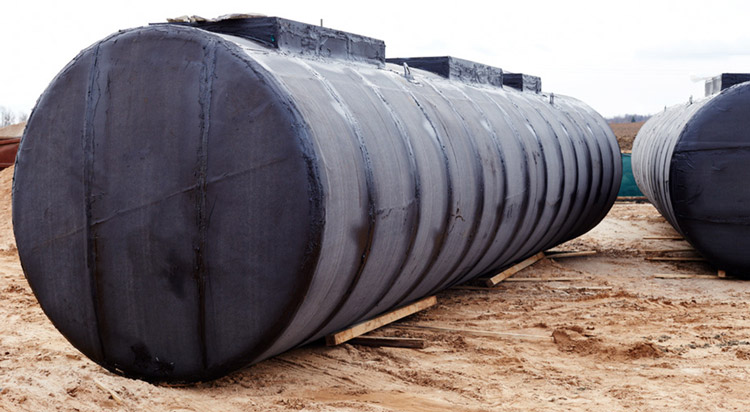

New Jersey Regulation of Underground Storage Tanks
Regulations at NJAC 7:14B
By Nicole L. Voigt, Esq., Attorney at Law
Tanks are considered “regulated” tanks unless they fall within an exemption (NJAC 7:14B-1.4(b)).
Exemptions NJAC 7:14B-1.4(b) (Unregulated Tanks)
- Farm or residential tanks of 1,100 gallons or less capacity used for storing motor fuel for noncommercial purposes;
- Tanks with a capacity of 2,000 gallons or less used to store heating oil for onsite consumption in a nonresidential building;
- Tanks used to store heating oil for onsite consumption in a residential building;
- Septic tanks installed in compliance with rules adopted by the Department pursuant to the Realty Improvement Sewerage and Facilities Act (1954), N.J.S.A. 58:11-23 et seq.;
- Pipelines, including gathering lines, regulated under the Natural Gas Pipeline Safety Act of 1968, 49 U.S.C. §§ 1678 et seq., the Hazardous Liquid Pipeline Safety Act of 1979, 49 U.S.C. §§ 2001 et seq., or intrastate pipelines regulated under State law as approved by the Department;
- Surface impoundments, pits, ponds, lagoons, storm water or wastewater collection systems operated in compliance with N.J.A.C. 7:14A-1 et seq.;
- Liquid traps or associated gathering lines directly related to oil and gas production and gathering operations;
- Tanks situated in an underground area including, but not limited to, basements, cellars, mines, drift shafts, or tunnels, if the storage tank is situated upon or above the surface of the floor;
- Tanks situated in an underground area including, but not limited to, basements, cellars, mines, drift shafts, or tunnels if the storage tank is equipped with secondary containment, and is uncovered so as to allow visual inspection of the exterior of the tank;
- Any pipes, lines, fixtures or other related equipment connected to any tank exempted from the provisions of this chapter as set forth in (b)1 to 9 above, and 11 to 14 below;
- Flow-through process tanks;
- Wastewater treatment tanks;
- Electrical equipment; and
- Hydraulic lift tanks.
NJAC 7:14B-1.4(c through f) Additional tanks are partially exempted (not all regulations apply)
“Unregulated” is misleading. Unregulated tanks must still comply with NJDEP regulations. However, the closure and remediation of unregulated tanks is generally subject to a simpler regulatory program than regulated tanks. Consult with a qualified attorney and a qualified environmental professional to confirm program requirements.
THE INFORMATION CONTAINED HEREIN IS GENERAL INFORMATION, IS NOT LEGAL ADVICE, AND DOES NOT CREATE AN ATTORNEY-CLIENT RELATIONSHIP. YOUR SPECIFIC FACTS AND CIRCUMSTANCES MUST BE CAREFULLY REVIEWED WITH A RETAINED ATTORNEY PRIOR TO REACHING LEGAL CONCLUSIONS.
You may contact Nicole at (908)801-5434 or info@nlvlegal.com. For more information, visit www.voigtlawoffice.com.




